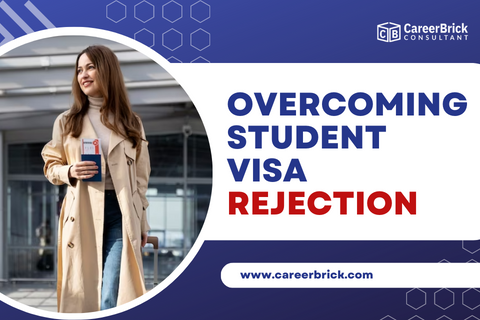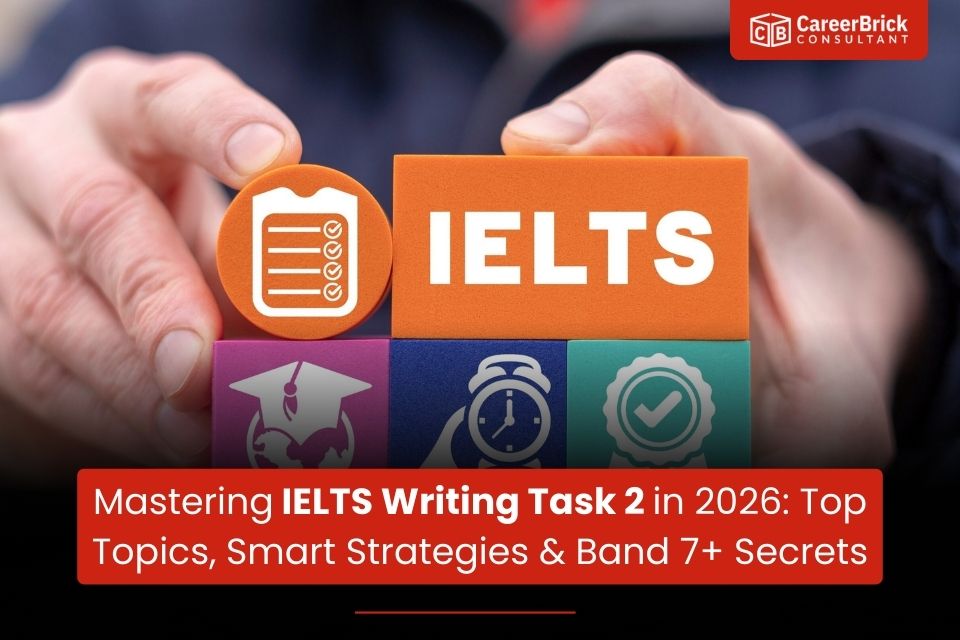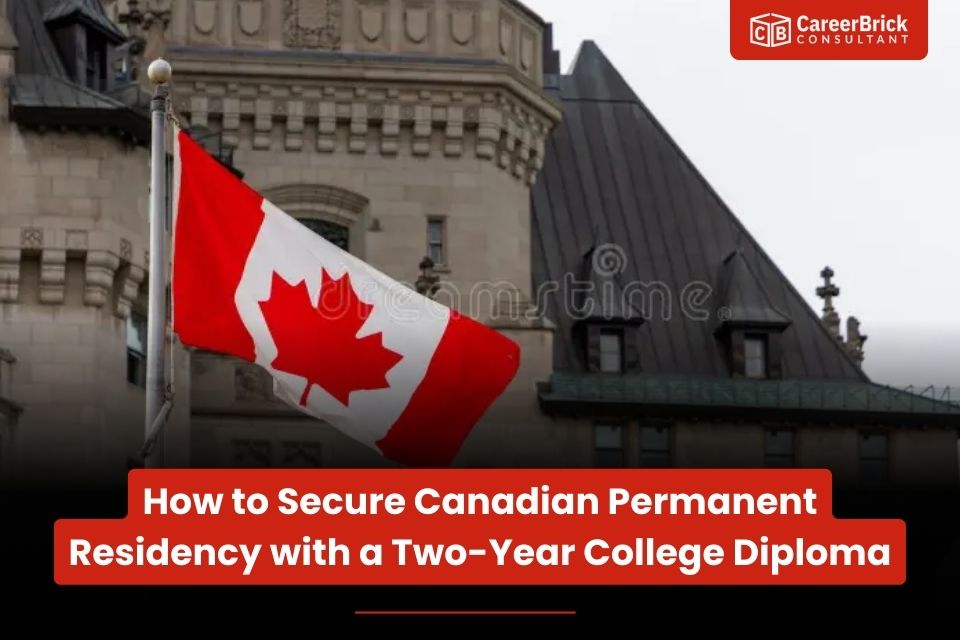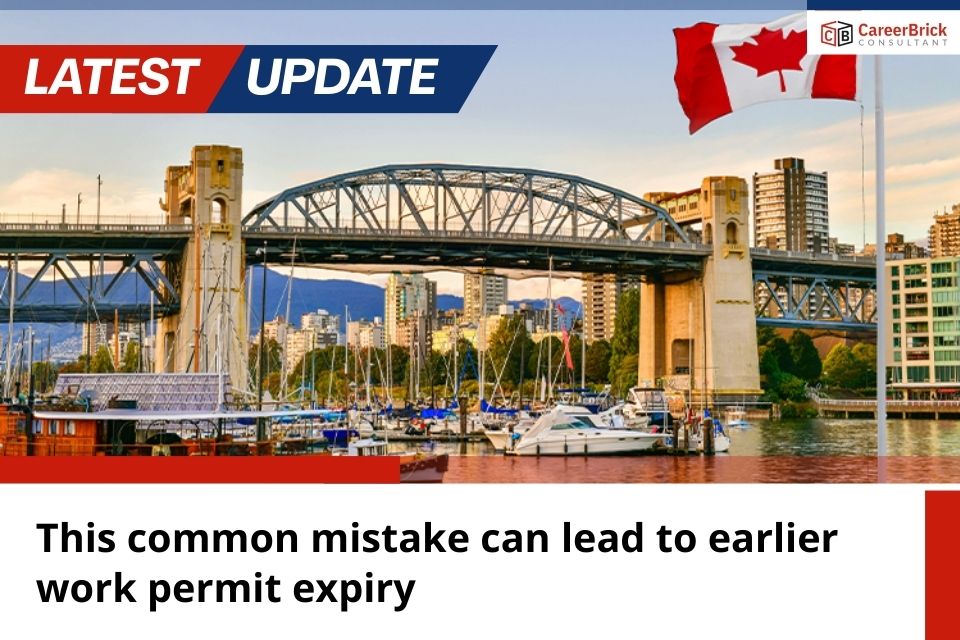Introduction:
Embarking on an international educational journey is an exciting endeavor filled with anticipation, dreams, and aspirations. However, when the embassy rejects your student visa application, it can feel like the end of the road. Yet, let us assure you that this setback is merely a detour, not a dead end. In this informative article, I will guide you through seven proactive steps and options that can help you overcome a student visa rejection and continue your pursuit of the educational success you desire. By understanding the reasons behind the rejection, seeking legal assistance, exploring appeal processes, considering alternative study options, harnessing resilience, embracing short-term study programs, and leveraging institutional support, you can navigate the challenges and embark on a path toward achieving your educational goals. This article will empower you with valuable insights and suggestions, enabling you to turn a setback into an opportunity for growth and ultimate triumph.
1. Unveiling the Reason for Rejection:
Receiving a rejection letter is undoubtedly disheartening, but you are not letting it diminish your determination. Once you receive your Visa rejection, apply for GCMS notes (around $5 charges applicable) (Global Case Management System) and find the right reasons why your application was rejected. Even if you don’t want to apply for the notes, you can easily study your applications and find the gaps and missing information/documents that led to the Visa rejection. This is starting and the most important step of reapplying for the visa.
Dive into the details of the rejection, understanding the specific reasons provided by the immigration authorities. Knowledge is power, and comprehending the areas of improvement will set the stage for your next steps.
2. Empower Yourself with Legal Assistance:
When navigating the complex realm of visa matters, it is wise to seek guidance from seasoned professionals. Connect with immigration lawyers or experienced consultants specializing in student visa cases. Their expertise will shed light on the intricacies of the process, enabling you to make informed decisions. Together, you can assess the potential for an appeal or explore alternative pathways. Many times the data and information are all right, but how they are grouped together and presented in the documents makes the difference between a rejection and an acceptance. In other cases, the profiles need little corrections; hence, consulting a professional is the right thing to do.
3. Embracing the Appeal Process:
The appeal process offers a ray of hope when your Visa Rejection gets you a bit more overwhelmed. Collaborate with your legal advisor to construct a compelling appeal letter addressing the concerns raised in the rejection. Bolster your case with additional supporting documents, showcasing your commitment, preparedness, and genuine intent. Here, you have to be quite intentional in preparing and justifying the lack of information of misinformation or anything that led to a negative outcome. In addition, you have to consistently keep in touch with a professional and keep them aware of your application details. Remember, persistence can pave the way for a positive outcome.
4. Exploring Vast Horizons of Alternative Study Options:
While an appeal is underway, do not confine your aspirations to a single destination. Broaden your horizons and explore alternative study options in different countries or institutions. While you are working on your appeal, you can also look for other educational options in different countries or different course that suits your profile better. You might come across similar courses that provide a better skill stack and employability. This could be one of your opportunities to explore more with educational needs getting clearer. Research universities are renowned for their excellence, international student support services, and scholarship offerings. Allow the setback to ignite a sense of adventure and discovery.
5. Harnessing the Power of Resilience:
Rejection is not a reflection of your potential or worth. Channel your energy into refining your application. Reframe the experience as an opportunity for personal growth and self-improvement. Polish your documentation, revisit your personal statement, and strengthen your financial arrangements. Embrace resilience as you emerge stronger and more determined.
6. Unveiling Short-Term Study Programs:
In your quest for knowledge and cultural immersion, consider short-term study programs or language courses. These programs often have simplified visa processes and provide a unique chance to experience a different educational system. While the application takes its good time, you can start exploring short courses that enhance your skill stack and provide better chances of employment and Visa approval. Utilize this stepping stone to enhance your language skills, build networks, and gain exposure to a global environment. Embrace the value of adaptability and expand your international experiences.
7. Leveraging Institutional Support:
Do not underestimate the support offered by educational institutions during times of visa challenges. Reach out to the institution you intended to join and notify them of your situation. Their experienced staff understands the nuances of international admissions and can provide valuable guidance. They may suggest alternative pathways, deferred admissions, or partnerships with other institutions. Forge a partnership with institutions that share your determination to overcome obstacles. Proactively communicate your situation to the institution you intend to join. Usually, connecting to your institutions provides you with essential points and exercises to be taken care of and future assistance in the documents.
Conclusion:
Receiving a student visa rejection can be disheartening, but it is crucial to remember that it is not the end of your educational journey. By taking proactive steps and exploring various options, you can overcome the setback and pursue your desired education. Start by understanding the reasons for your rejection, either by obtaining GCMS notes or analyzing your application yourself. Seek legal assistance from experienced professionals who can guide you through the complex visa process and help you present your case effectively. Consider the appeal process as a ray of hope, and collaborate with your legal advisor to construct a compelling appeal letter. While the appeal is underway, broaden your horizons and explore alternative study options in different countries or institutions. Embrace resilience and use the setback as an opportunity for personal growth and self-improvement. Consider short-term study programs or language courses as stepping stones to enhance your skills and gain exposure to a global environment. Leverage the support offered by educational institutions, communicating your situation and exploring alternative pathways. Remember, perseverance and a proactive approach can pave the way for educational success, even after a visa rejection.







